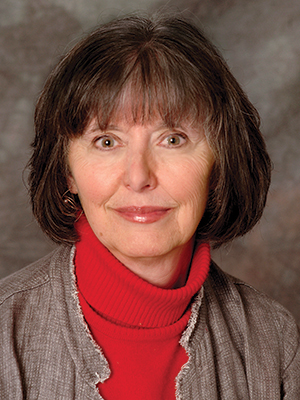
Hester Hill Schnipper Photo courtesy of Beth Israel Deaconess Medical Center
PARENTS WANT TO LOVE AND PROTECT their children, and they expect to do so by living long enough to raise them to adulthood. Cancer can interfere with this expectation when treatments are no longer effective. If this happens to you, it will be painfully necessary to prepare your children for life without you.
There are no easy ways to discuss your death, but here are nine suggestions to help guide the process:
1) Choose an appropriate time to talk to your children when no one is overtired and you have enough private time. Remember, this will likely be the first of many conversations.
2) Consider whether it makes sense to talk together as a family or to speak separately to each child, with or without other loved ones present.
3) Begin with a direct statement: “We need to talk about my cancer and what is happening to me.”
4) Children in college need honest information about your prognosis and what they should anticipate. They have life plans that may be affected. Together, you may decide that the best thing for the family is for them to continue their pursuits, or you may decide it is better for them to take a break.
5) Young children need simple, honest information. The important message is that you are very ill, and that the doctors don’t expect you to live much longer.
6) Children of all ages need to be reminded that others will continue to love and care for them. Single parents and others who don’t have an obvious partner in parenting should be prepared to explain who will take care of the child.
7) Answer questions, even difficult ones, as honestly as you can. It is not unusual for a young child to ask what happens after death. Be as clear and honest as you can in the context of your knowledge and belief system. You can even say: “No one really knows, but I am sure it will be OK.”
8) Don’t be surprised if a child of any age reacts with anger. Although it may not feel like it, their anger is not directed at you, but at the situation and loss. Be sure to let your child know this so there are no lingering feelings of guilt.
9) A colleague and psychiatrist who worked with cancer patients always taught that, before we die, we all need to say three things to our loved ones: I forgive you for the times that you hurt or angered me. Please forgive me for the times that I let you down. Remember that I will always love you.
Cancer Today magazine is free to cancer patients, survivors and caregivers who live in the U.S. Subscribe here to receive four issues per year.




